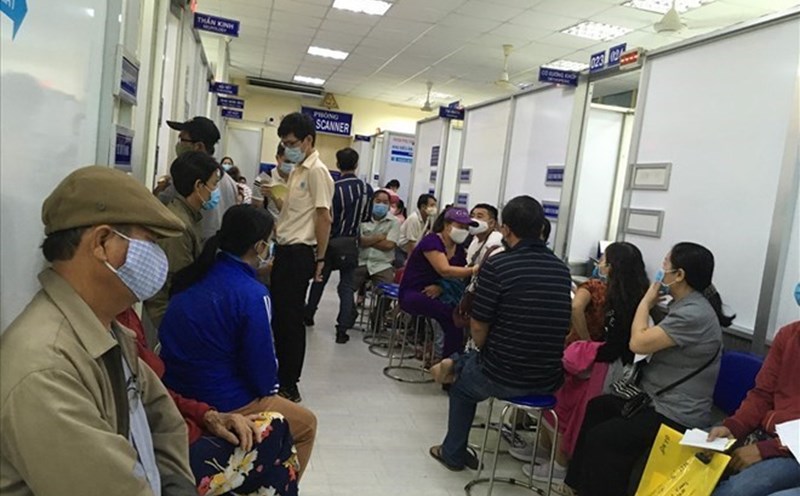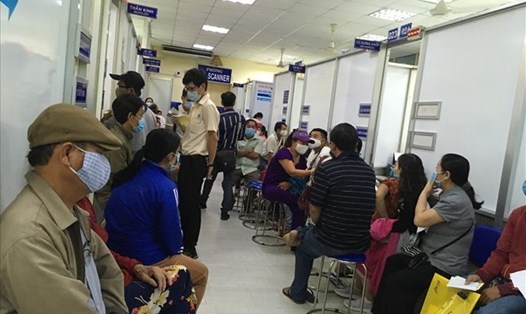Nearly 10,000 billion VND is not a small number and it shows two things. One is that the civil servants and public employees in Hanoi are still too large. Two is that the living standards of this force compared to the general level are still low.
The report submitted to the People's Council clearly stated: The average salary of cadres, civil servants and public employees in Hanoi is still low. The annual adjustment to increase the basic salary is mainly to compensate for inflation, not enough to cover the high cost of living in the capital.
Simply put, the common salary level while the price level in Hanoi is higher makes the life of Hanoi civil servants and public employees more difficult.
In mid-year, the General Statistics Office announced the 2023 spatial cost of living index (SCOLI). This index shows that Hanoi is the most expensive place in the country, followed by Ho Chi Minh City. Comparing the price level between Hanoi and Ho Chi Minh City, the General Statistics Office pointed out: Some groups of goods in Ho Chi Minh City have an average price lower than Hanoi: Clothing, hats and footwear by 81.99%; culture, entertainment and tourism by 91.87%; food and catering services by 94.12%; household appliances and equipment by 94.93%.
According to the provisions of the Capital Law, the city is allowed to use the remaining salary reform fund after ensuring sufficient resources to implement salary reform.The total expenditure must not exceed 0.8 times the basic salary fund of cadres, civil servants and public employees.
If the VND9,900 billion/year level is approved, this amount will not be divided equally.Hanoi believes that the additional income expenditure is to motivate and encourage cadres, civil servants and public employees to further improve their work efficiency.The additional income expenditure is based on the results of monthly assessment and classification of cadre quality and is paid with the salary in the month following the assessment and classification results.In particular, the expenditure for individuals who have completed their tasks excellently is 1.5 times higher than that for individuals who have completed their tasks well.
It's not just a matter of money. To have sustainable spending, it's imperative to streamline the payroll.
According to the plan issued last year, Hanoi will reduce the number of civil servants receiving salaries from the state budget by at least 2% each year. The roadmap for streamlining Hanoi's civil servant payroll in the 2024-2026 period will reduce more than 7,000 civil servants receiving salaries from the state budget. It is expected that in 2026, there will still be about 106,531 civil servants receiving salaries from the state budget.
If calculated based on population, one civil servant of the city is serving 684 people. Compared to the national average (one civil servant serves 246 people), the ratio in Hanoi is 2.7 times higher.
Therefore, increasing salaries, reducing staff, and improving the work efficiency of civil servants must be synchronous solutions to make Hanoi truly a place worth visiting, living in, and contributing to.










